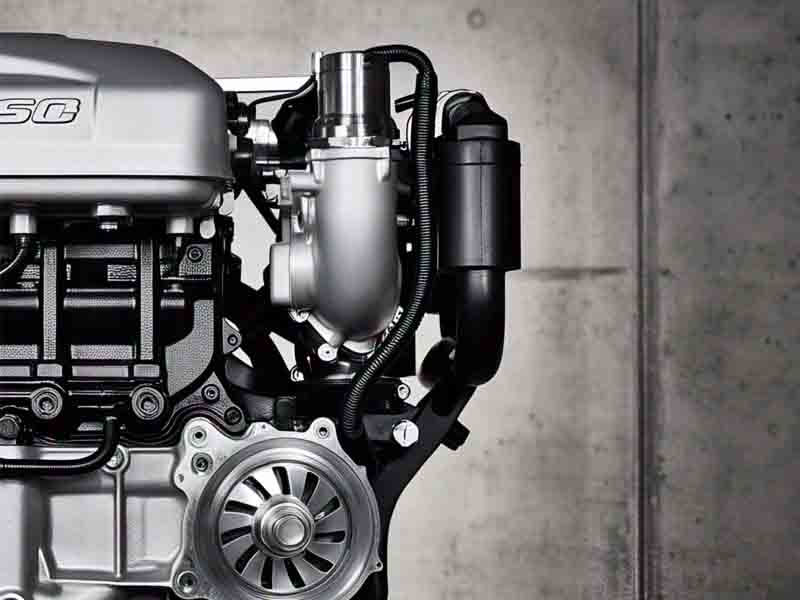
Dieselspecialists – Clean Diesel has long been recognized for its efficiency and durability, making it the preferred choice for commercial and industrial applications. However, as environmental concerns grow, diesel engines face increasing scrutiny due to their emissions of nitrogen oxides (NOx) and particulate matter. Governments worldwide are tightening regulations, pushing manufacturers to innovate and meet stricter emission standards.
The latest emission policies, such as Euro 7 in Europe and stringent EPA regulations in the United States, aim to drastically cut NOx levels and other pollutants. These changes compel automakers to invest in advanced after-treatment systems, improved fuel injection technology, and alternative fuels to reduce emissions. While these regulations contribute to cleaner air, they pose a challenge for traditional diesel engine manufacturers. Requiring significant investment in research and development.
“Venus Line, Nagano: A Scenic Paradise for Riders”
To comply with evolving regulations, manufacturers are enhancing Clean Diesel technology by integrating sophisticated emission-reduction systems. One major advancement is the Selective Catalytic Reduction (SCR) system, which uses urea-based solutions to neutralize NOx emissions. Additionally, Diesel Particulate Filters (DPFs) are becoming standard, capturing fine particles before they enter the atmosphere.
Further innovations include advanced turbocharging and high-pressure common rail fuel injection, which optimize combustion efficiency and minimize waste. Some companies are also exploring biodiesel and synthetic diesel as sustainable alternatives. Offering lower carbon footprints while maintaining the power and efficiency diesel engines are known for. As the industry adapts, these technologies are ensuring that diesel remains a viable option in a world increasingly focused on sustainability.
Despite the rise of electric vehicles and hydrogen-powered alternatives, Clean Diesel remains an essential part of global transportation and industry. Heavy-duty trucks, construction equipment, and agricultural machinery still rely on diesel power due to its unmatched torque and fuel economy. However, the push for greener alternatives means that diesel technology must continue to evolve.
Looking ahead, hybrid diesel-electric systems and carbon-neutral fuels could play a critical role in reducing the environmental impact of diesel engines. With ongoing investment in cleaner combustion methods and emission control systems. The future of Clean Diesel is likely to be one of balance maintaining performance while aligning with global sustainability goals. As regulations become even stricter, only continuous innovation will ensure that diesel remains relevant in the decades to come.
“Set-Jetting: Travel Trend 2025 Inspired by TV & Film”
Diesel Specialists | Expert Engine Solutions for Diesel, Gasoline & More - Diesel particulate filter failures on Komatsu heavy equipment…
Diesel Specialists | Expert Engine Solutions for Diesel, Gasoline & More - A common rail diesel engine significantly enhances fuel…
Diesel Specialists | Expert Engine Solutions for Diesel, Gasoline & More - heavy duty diesel engines different characteristics set them…
Diesel Specialists | Expert Engine Solutions for Diesel, Gasoline & More - Properly inspect your diesel engine before a long…
Diesel Specialists | Expert Engine Solutions for Diesel, Gasoline & More - the role of fuel injector is crucial in…
Diesel Specialists | Expert Engine Solutions for Diesel, Gasoline & More - big data engine performance monitoring revolutionizes how industries…